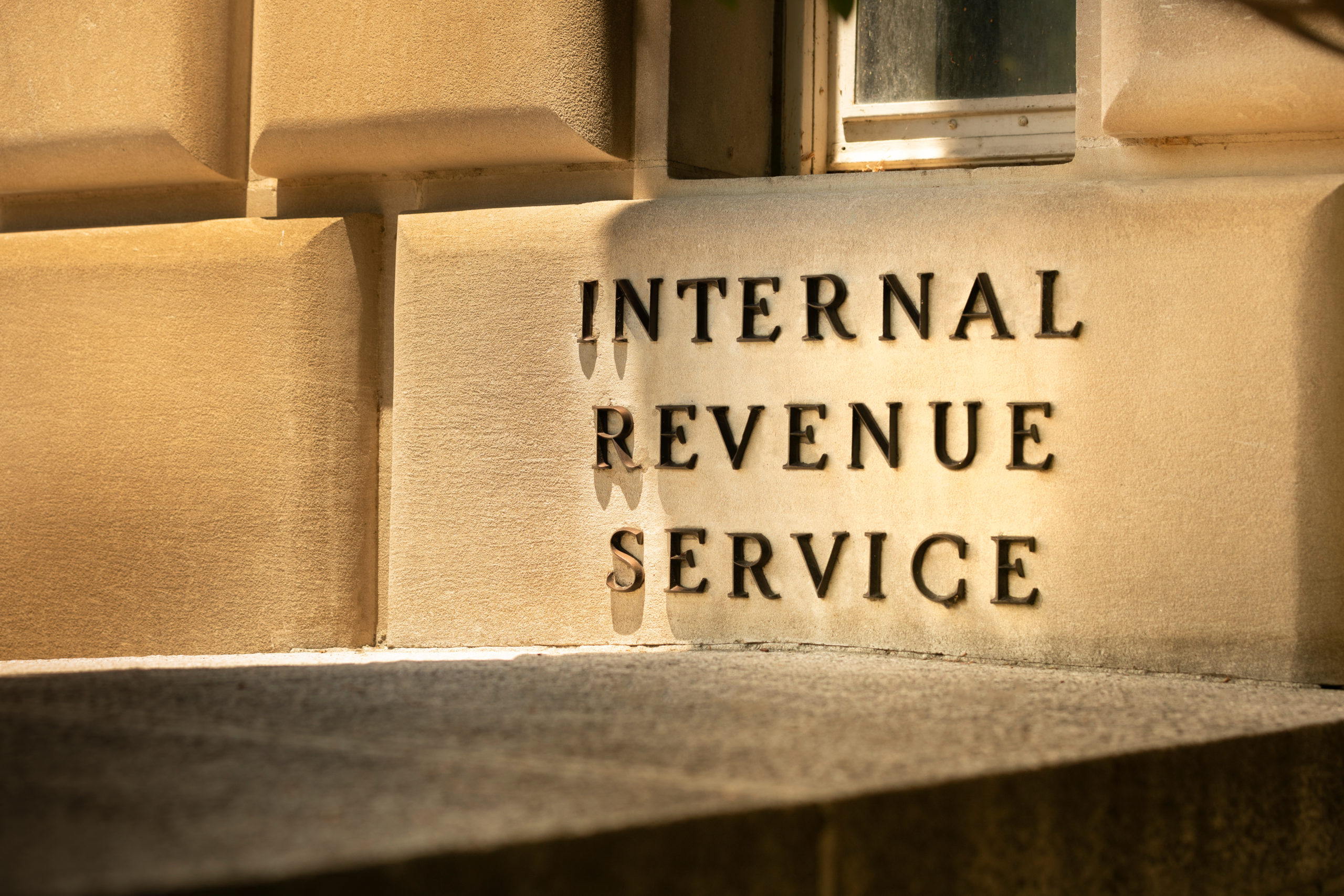
Earlier this autumn, the Treasury Inspector General for Tax Administration (TIGTA) released two important reports regarding the IRS’s administration and oversight of tax-exempt organizations: (1) Review of the IRS’s Enforcement Program for Tax-Exempt Organizations That Participate in Illegal or Nonexempt Activities and (2) More Information Is Needed to Make Informed Decisions on Streamlined Applications for Tax Exemption.
The Treasury Inspector General for Tax Administration (TIGTA) was established under the IRS Restructuring and Reform Act of 1998 to provide independent oversight of IRS activities. TIGTA promotes the economy, efficiency, and effectiveness in the administration of the internal revenue laws. It is also committed to the prevention and detection of fraud, waste, and abuse within the IRS and related entities.
https://www.treasury.gov/tigta/
Highlights: Illegal or Nonexempt Activities
- TIGTA found that both the IRS and State charity regulators are limited by their respective laws and procedures for coordinating with each other as a means to identity tax-exempt organizations potentially engaging in illegal or other nonexempt activities. Currently, no State Attorneys General Offices have formal disclosure agreements with the IRS.
- State AG Offices can refer to the IRS tax-exempt organizations engaged in activities that potentially violate Federal tax law. However, … the IRS cannot disclose [including to the AG Offices] whether it has initiated an investigation based on the information submitted in a referral and cannot disclose the status of any investigation.
- TIGTA identified 3,726 closed EO function referrals alleging potential fraudulent or illegal activities during Fiscal Years 2018 through 2020.
- TIGTA identified four common reasons why classifiers concluded that the allegations of illegal activities or fraud did not merit examinations of the tax-exempt organizations. The most common reason was insufficient corroborating evidence. The three other common reasons: the allegations did not pertain to tax-exempt organizations, there was insufficient time remaining on the tax statute or the statute had expired, and the allegations were de minimis (minor/insignificant).
- TIGTA determined that the Determinations unit employees, within the EO function’s Rulings and Agreements unit, have sufficient procedures and processes to identify determination letter requests that may include activities substantially different than an organization’s proposed tax-exempt purposes as well as fraud and illegal activities, such as financing terrorism. The Determinations unit referred two determination letter requests during FYs 2018 through 2020 for potential criminal investigation, and both organizations in question were ultimately granted tax-exempt status. [That would be less than 1 referral out of every 100,000 applications, which doesn’t seem to reflect a useful screen.]
- TIGTA recently reported that one of the available applications used to request tax-exempt status, Form 1023-EZ, Streamlined Application for Recognition of Exemption Under Section 501(c)(3) of the Internal Revenue Code, does not provide the IRS with sufficient information to appropriately approve or deny an organization’s tax-exempt status. As a result, the IRS is approving organizations for tax-exempt status that may not qualify. [This report is further described below.]
Highlights: Streamlined Applications for Tax Exemption (Form 1023-EZ)
- Form 1023-EZ was designed to reduce inventory backlogs for processing Forms 1023 and the burden on smaller organizations applying for tax-exempt status.
- Form 1023-EZ is a condensed version of Form 1023, consisting mainly of checkboxes, and requires applicants to attest, rather than demonstrate, that they meet the requirements for I.R.C. § 501(c)(3) tax-exempt status.
- In Fiscal Year (FY) 2021, the IRS closed over 90,000 applications for I.R.C. § 501(c)(3) tax-exempt status and 75 percent of them were Form 1023-EZ applications.
- The IRS denied less than 1 percent of Form 1023 and Form 1023-EZ applications.
- TIGTA concluded that the information provided on the Form 1023-EZ is insufficient to make an informed determination about tax-exempt status and does not educate applicants about eligibility requirements for tax exemption.
- TIGTA obtained I.R.C. § 501(c)(3) status for four of five nonexistent organizations.
- Taxpayer Advocate Service, the National Association of State Charity Officials, the National Council on Nonprofits, and the Advisory Committee on Tax Exempt and Government Entities all agree that a more streamlined process is needed for smaller organizations to apply for I.R.C. § 501(c)(3) tax-exempt status; however, they also believe that the information currently required on Form 1023-EZ is insufficient to determine tax-exempt status.
- TIGTA recommended that the IRS: 1) revise the activities description narrative on Form 1023-EZ, 2) assess the feasibility of requiring applicants to submit their organizing documents as an attachment to Form 1023-EZ, 3) notify applicants when additional time is needed to process their Form 1023-EZ applications, and 4) update online guidance with accurate information on the application process for Form 1023-EZ filers. [The IRS agreed with only the second and fourth recommendations.]
- Insufficient information required on Form 1023-EZ may result in the IRS granting tax-exempt status to organizations that do not meet I.R.C. § 501(c)(3) legal requirements, including fictitious organizations that may potentially commit illegal acts, such as preying on unsuspecting taxpayers for donations or funding terrorist organizations.